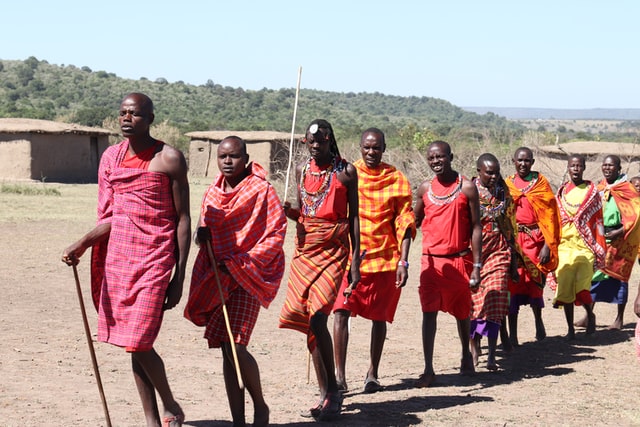More than 70,000 Indigenous Maasai residents in northern Tanzania, are once again facing eviction from ancestral lands as the government announced plans to lease the land to a United Arab Emirates (UAE) company to create a wildlife corridor for trophy hunting and elite tourism.
This local knowledge has been largely credited as allowing the large mammal population and ecological diversity to grow under the stewardship of the Maasai.
Anuradha Mittal, executive director of the Oakland Institute
1. Trading culture and wildlife for business
The decision to lease the land to Otterlo, sometimes spelled Ortello, Business Corporation (OBC) was made known to Maasai leaders on 11 January by John Mongella, the regional commissioner for the Arusha region, according to a statement by the Oakland Institute.
The government plans to remove the Maasai from their land at some point this year, even if this decision will be painful to many.
John Mongella, Regional Commissioner for the Arusha region
“This local knowledge has been largely credited as allowing the large mammal population and ecological diversity to grow under the stewardship of the Maasai,” Anuradha Mittal, executive director of the Oakland Institute, told Mongabay. “Replacing them with tourists and hunters will likely negatively impact the environment and health of wildlife populations,” said Mittal to Mongabay News.
A Maasai leader who spoke to Mongabay on the condition of anonymity, said that Mongella continuously stressed that leasing the land is in the “national interest” and should therefore also be of priority to the Maasai people.
2. Against international law
Responding to the offensive, Maasai leaders have filed an appeal at a regional court, seeking a halt to the government plans for the area. The natives from northern Tanzania stressed how the renewed attempt to seize the land was a blatant violation of the law, referring to a 2018’s court ruling by the East African Court of Justice, barring the government from evicting Maasai communities in a case that involved violent evictions.
Maasai leaders were told by the regional commissioner that the leasing of the land is in the national interest, to increase the country’s tourism revenue, and that it was a tough decision for the government to make.
3. Relocations
Evicted residents from the region of Loliondo will be relocated to the neighbouring Ngorongoro Conservation Area, where they will join another 80,000 evicted Maasai to share a strip of land designated for humans and wildlife.
A Maasai activist and community representative, who requested anonymity, has appealed to the Tanzanian government to put a stop to its plans to evict communities and wait until the court case is concluded.
“The myth of protected areas takes away not only our rights as people but our ability to exercise our responsibilities related to land,” the leader said as he appealed for international support on behalf of his community, noting that Tanzania is a signatory to the UN’s Universal Declaration of Human Rights.
The US organisation promoting global activism on social issues, Avaaz, is collecting signatures trying to stop the Maasai evictions. The petition has already reached nearly 3 billion signatories and it will be presented to the President of Tanzania, Samia Suluhu Hassan.













